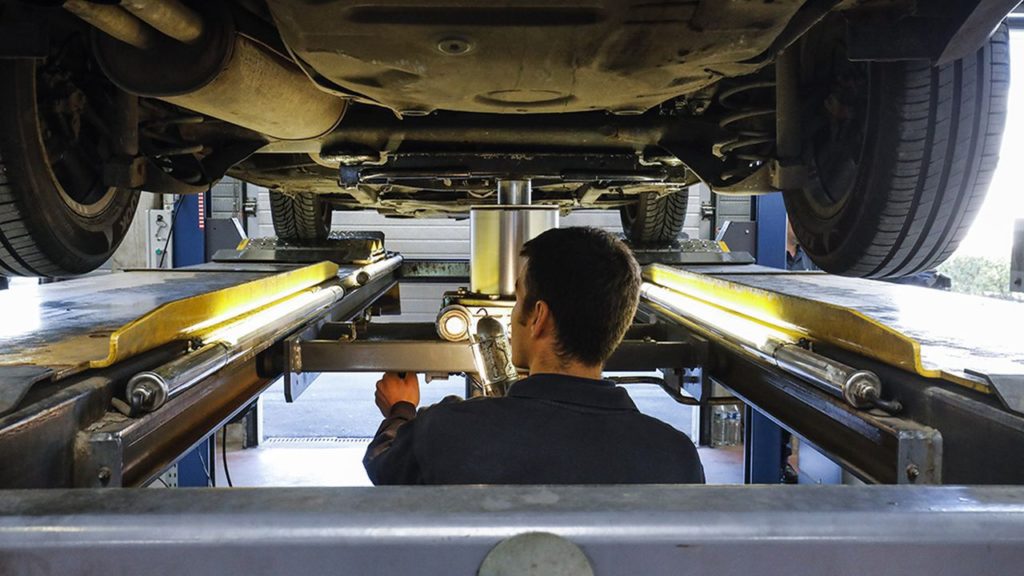The Flemish government has taken its regional partners by surprise by deciding to abandon an effort to detect motor vehicles that emit high levels of diesel pollution and take them out of circulation.
The three regions had agreed to implement the plan, which would equip vehicle inspection centres with machinery able to detect dangerous levels of fine particulates emitted by diesel vehicles. The vehicles, which have a defective or an illegally removed filter, would then be able to be withdrawn from circulation.
However Flemish mobility minister Lydia Peeters (Open VLD) this week announced she would not be purchasing any more of the measuring devices, and would instead wait for European action on the issue before going further.
The decision has surprised representatives of the Walloon and Brussels regions, as well as experts in the field.
The decision to equip the inspection centres was taken in 2019 by Ben Weyts (N-VA), Peeters’ predecessor at the ministry. He promised the new measuring apparatus would be delivered at the end of 2019 or early 2020. All that was required was the legal framework to give the authorities the power to pull polluting vehicles from circulation.
Peeters took the decision some weeks ago not to move forward with the legal framework and to await an EU initiative.
“In the first instance, we assume that people will not deliberately remove or break a particulate filter,” she told the Flemish parliament at the end of last month. “That is certainly not justifiable, as they are important for the health of all of us. But on that basis, why do we have to roll out a whole new system? I have my doubts about that. I think we should wait and align with Europe.”
But new European rules could be a long time in coming, and in the meantime the measuring apparatus already in place lie unused, and other orders are cancelled.
The inspection centres have made it clear they are ready to go, and are able to reduce the diesel pollution by the country’s fleet by 36%, if only the rules are put in place.
The office of Brussels mobility minister Elke Van den Brandt (Groen) said the decision came as a complete surprise, and pointed to the danger now of ‘inspection tourism,’ where car owners would choose to have their diesel vehicle inspected in Flanders, where the standards are now more lax.
According to a study carried out earlier this year by the motoring organisation VAB, there are around 165,000 diesel vehicle on the roads at present with a defective or removed filter. The most severely polluting of those vehicles produce the equivalent in pollution of 746 million new vehicles.
Meanwhile the fine particles produced by diesel cars is estimated to cause some 7,600 premature deaths a year in Belgium alone. And recent studies from Harvard and Cambridge universities have demonstrated a link between exposure to air pollution and the progress of Covid-19 in an infected individual.
Alan Hope
The Brussels Times

